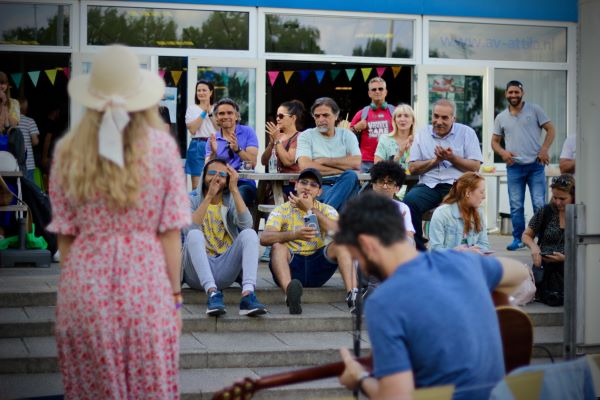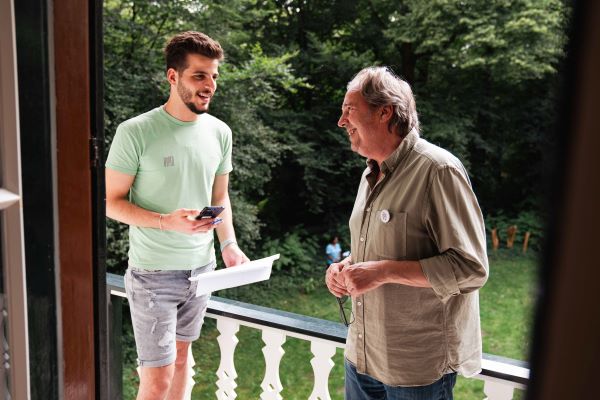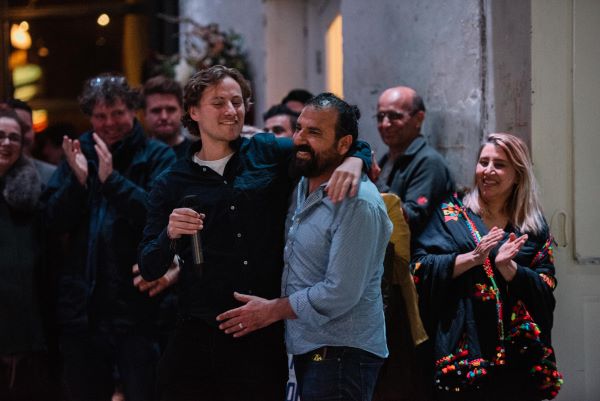Tips for Understanding Dutch Customs and Communication Style
Amsterdam, July 31, 2024. Written by: Mohammed Shukri
If you’re new to the Netherlands, adapting to the customs and communication style of Dutch culture might take some time. Learning more about this can be beneficial. In this blog, we share a few tips to help you.

1. Planning in advance
In the Netherlands, people tend to plan their activities ahead of time, both for work and in their free time. For instance, they often know in advance when they’ll exercise or meet up with friends. Typically, they agree on a specific time and place, and if they can’t make it, they’ll cancel the appointment. If you try to make spontaneous plans with someone in the Netherlands, you might hear: ”Sorry, I can’t. I already have another plan.” Dutch people give a lot of importance to keeping appointments and being punctual. They believe that being on time is a sign of respect, so it’s a good idea to do the same.
2. Giving and receiving direct feedback
When you start a job in the Netherlands, your supervisor or manager will tell you what is going well and what could be improved. This is called ”feedback.” People in the Netherlands are used to giving honest and direct feedback. In other countries, this often happens differently. Newcomers to the Netherlands may need some time getting used to it. The purpose of feedback is to help, so try to be open to it!

3. Taking each other into account
You often hear Dutch people say, “We all need to consider each other. “This means that everyone should be mindful of one another to ensure a harmonious living environment. For example, when hosting a party, people appreciate being informed in advance. You could, for instance, leave a note in your neighbors mailboxes saying: “Dear neighbors, I’m hosting a party on Saturday evening. You might hear the music. We will keep the volume down and try to minimize any disturbance. Best regards, [name + phone number].” This way, the neighborhood is aware of the upcoming event and can contact you if they experience any issues. Open communication and mutual respect are key in this regard.
4. Neighbors support one another
In Dutch society, it is well known that neighbors are helpful to each other, especially in smaller municipalities or villages. This contributes to safety and creates a pleasant atmosphere in the neighborhood. It’s not just about safety; it’s also about strengthening the bond between neighbors so that everyone feels at home. By working together to create a safe environment, people get to know each other better and build trust. The sense of community also grows through regular gatherings and organizing activities such as neighborhood monitoring programs, WhatsApp groups, neighborhood barbecues, community clean-up events, and sport events. Participating in local activities is a great way to get to know your neighborhood quickly.
Want to learn more about life in the Netherlands? We have a detailed information page in the app.
